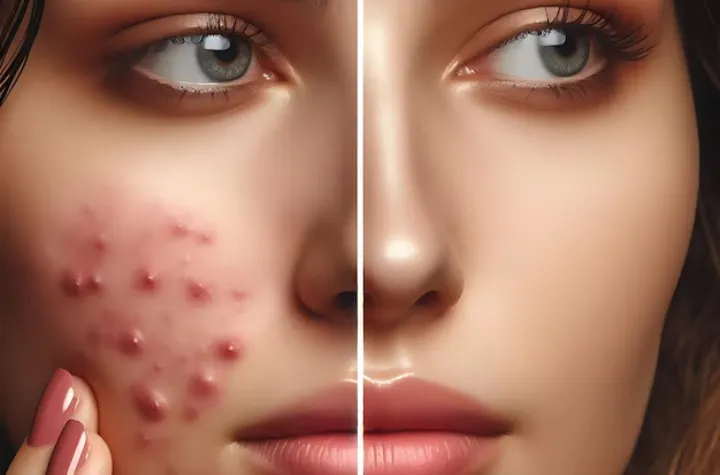What is acne?
Acne is a prevailing skin condition worldwide affecting people of any age, race, gender, or ethnicity. As per acne treatment doctor in Delhi, it shows up especially in areas with abundant functional sebaceous glands having hair follicles at their base like the face, back, chest, neck, and shoulders. It is not serious, life-threatening rather a harmless, cosmetic, or medical skin concern that develops when hair follicles get plugged with excess sebum, dead skin cells, dirt, and sometimes bacteria.

